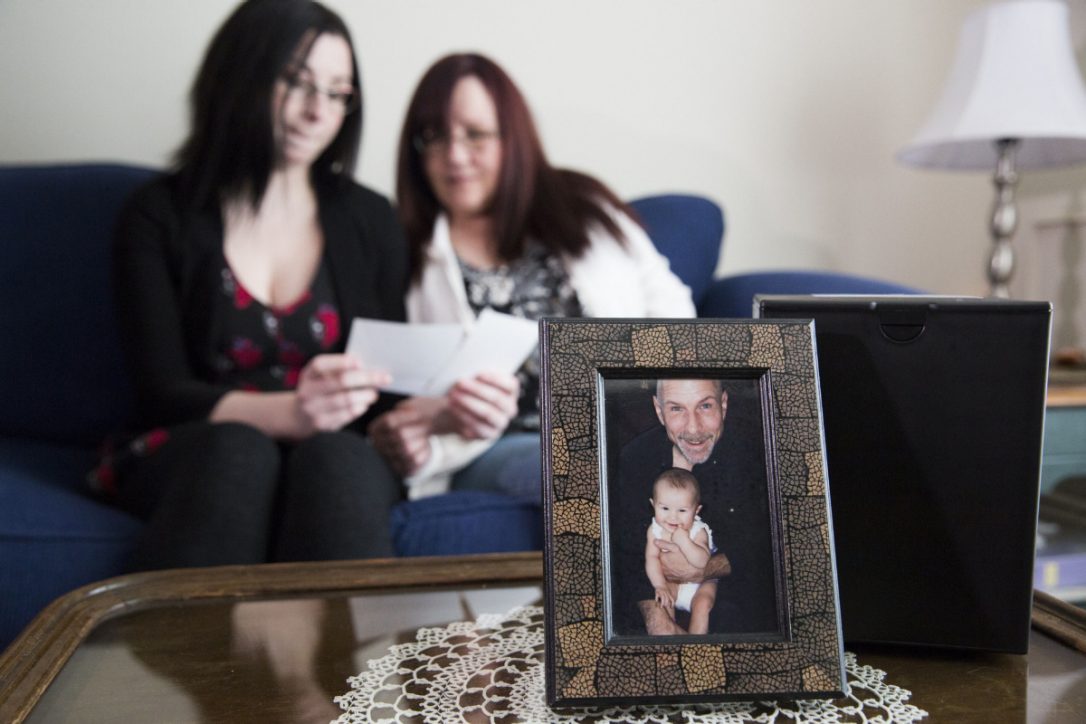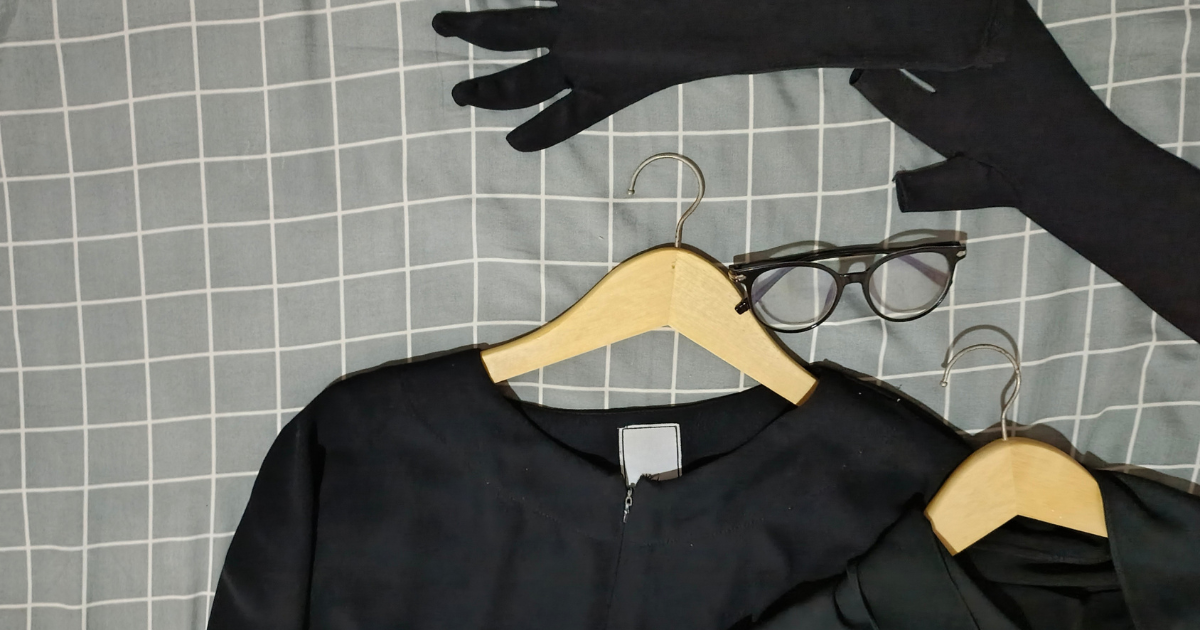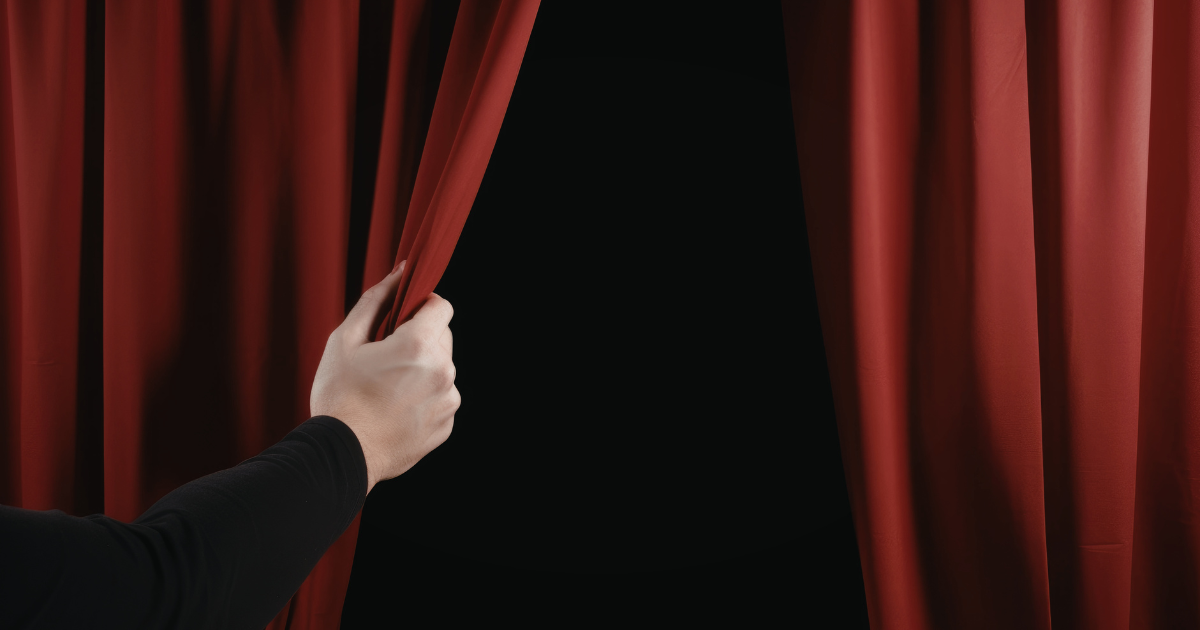Canadian Funeral Homes Fail Investigation Too
Originally Posted on The Star
James Graham did it for his children.
When he was a 20-something father back in 1988, he and his wife, Lynda, pre-arranged and paid for their cremations and burials.
“We didn’t want our kids to have to pay anything when we go,” says Lynda. “We told our kids all these years that all they have to do is make a phone call and it’s taken care of.”
That’s not what happened.
James Graham died on Jan. 10 in the couple’s hometown of London, Ont.
Their daughter Tiffany called the local funeral home owned by Arbor Memorial, a national chain that held her father’s funeral investment purchased nearly three decades earlier in Toronto.
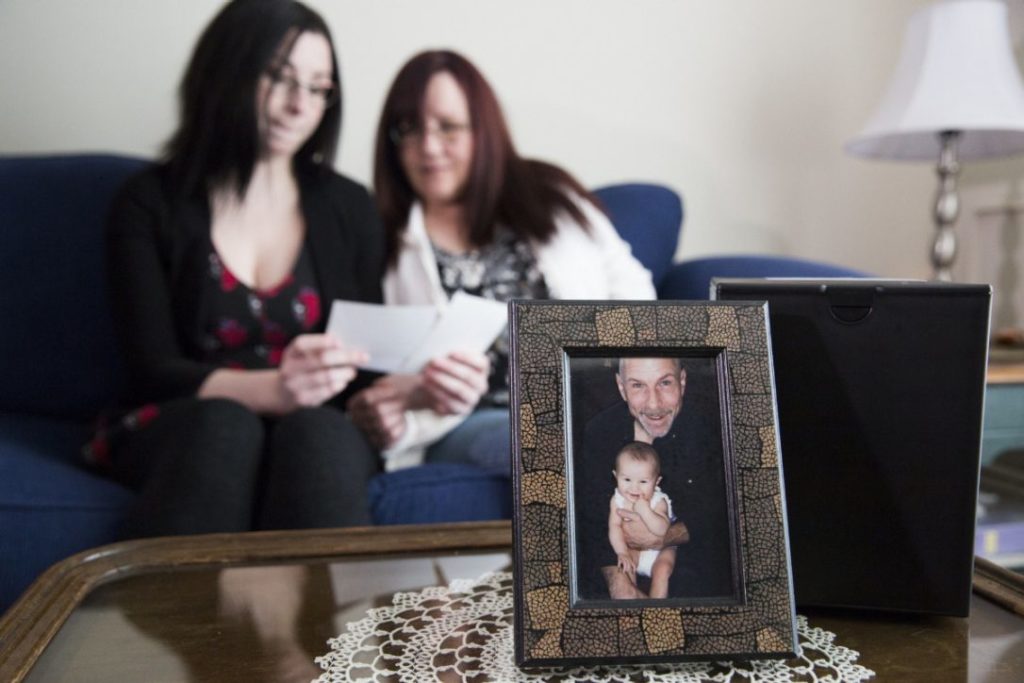
Graham and his wife had paid nearly $3,000 for a basic cremation that included urns, a memorial, granite base and opening/closing services.
At the funeral home the day after Graham’s death, a sales personlisted items totalling an extra $5,000, his wife and daughters say.
“They told us everything he had arranged was worthless,” says daughter Courtney. “They were so aggressive and rude. It was a nightmare.”
Tiffany echoes: “They prey on your grief and they take advantage of your ignorance.”
The Graham family’s experience is not unique, a Toronto Star/CBC Marketplace investigation has found.
Reporters posing as prospective customers visited 11 southern Ontario funeral homes over the past two months, equipped with hidden cameras, and said they were planning for the death of a sick aunt who wanted only a basic cremation.
Six of the homes are owned by Toronto-based Arbor Memorial, which has nearly 90 homes in Canada, more than half in Ontario. The other five homes are owned by Service Corporation International (SCI), the largest funeral chain in North America, which has more than 160 funeral homes in Canada advertised as Dignity Memorial.
Death is a booming $1.6-billion industry in Canada, where there are approximately 269,000 deaths every year. And the country’s aging population promises that the demand will grow. Ontarians alone have $2 billion invested in pre-arrangements.
Reporters generally experienced lower markups and less aggressive sales practices at the five SCI homes they visited.
In each of the six visits to Arbor homes, reporters encountered high-pressure sales practices, significant price markups and aggressive upselling.
In a detailed written statement responding to questions from the Star and CBC Marketplace, Arbor said it takes “the issues you have identified very seriously.”
“We will ensure that all our staff that have responsibility for pre-arrangements are aware of the issues you have raised, and we reiterate that we have zero tolerance for any behaviour that may cause customers to feel pressured.”
It defended its business practices as “fair,” stating that it operates within a “highly regulated industry.”
The industry is governed by the province’s Funeral, Burial and Cremation Services Act. And enforcement of the act is overseen by the year-old Bereavement Authority of Ontario, a regulatory watchdog that has three inspectors responsible for monitoring 650 funeral homes.
“There are two things that walk into a funeral home with you — grief and guilt,” says Pearl Davie, president of the Federation of Ontario Memorial Societies—Funeral Consumers Alliance, a non-profit advocacy group, which hasattempted to persuade the Ministry of Government and Consumer Services to implement an industry-wide code of ethics three times over the past decade. “If used car dealers can establish a code of ethics, why can’t the funeral industry?”
Markups on caskets and urns averaged 185 per cent depending on the model — and up to nearly 500 per cent — based on retail prices at 23 Arbor homes in southern Ontario and a current wholesale price list from one of the industry’s largest manufacturers, obtained by the investigation.
Carey Smith, registrar for the regulatory watchdog, says he was “surprised” by the markups calculated by the Star.
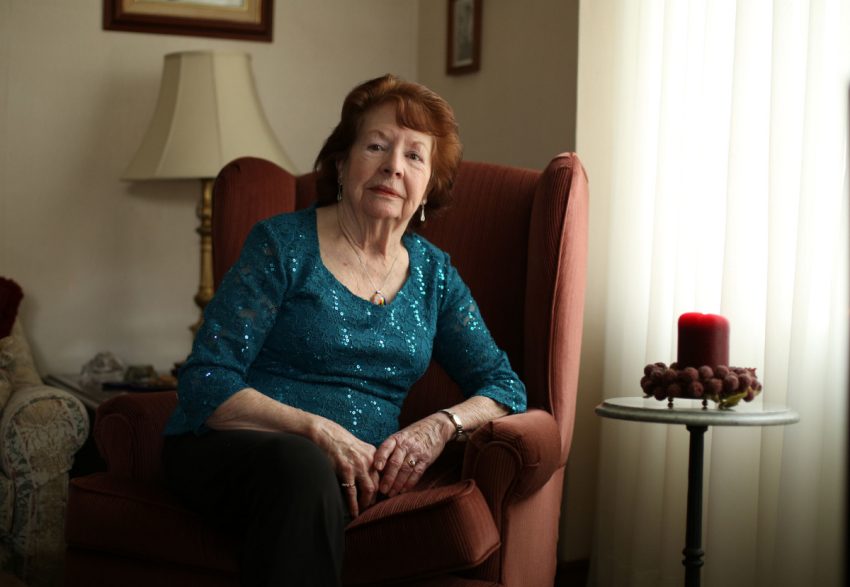
“I can make them reduce prices but … I have to be able to prove that it’s extraordinarily beyond what the market price is of similar goods and services. … Presuming (markups) are all relatively (the same), there’s nothing I can do,” Smith says.
Arbor declined to address specific consumer complaints presented by the Star and CBC Marketplace, including the Graham case, citing privacy reasons. It stated that contracts dating from the 1980s were for “cemetery supplies and/or services only.
“It is possible, in some cases, there could be a misunderstanding with regard to what customers have pre-arranged and what their family might believe has been pre-arranged.”
The Grahams say there was no misunderstanding — the family never wanted an elaborate funeral service.
“It was made very clear all we wanted was a direct cremation,” says Tiffany. “That number he threw at me did not include funeral services. Never did. Was never supposed to. It was fees and caskets for cremation and that sort of thing on top of what was paid.”
Reporters, posing as relatives, were shown packages for pre-arranged funerals, featuring essential services, such as funeral co-ordination and transferring the body, as well as discretionary services, such as catering, stationery, cars for transporting flowers and chapel staffing.
In three cases, Arbor salespeople stated directly that all the items — or at least the vast majority — were needed. In another case, the salesperson said the package included everything he would provide “for my own family.”
“Ninety-eight per cent is mandatory,” said one Arbor funeral director in Scarborough describing a list of 16 services and items for a simplecremation — totalling $6,370.
The Bereavement Authority’s Smith reviewed the hidden camera footage and said: “I don’t understand why he’s saying that. It causes me concern and we’d have to follow up on it to see what he meant by that.”
Nearly half the items — and $2,000 of those costs — could be described asoptional, says Shane Neufeld, a funeral industry veteran who, three years ago, started Integrity Death Care, a discount funeral home and consulting service in Winnipeg that competes with Arbor.
“(Consumers) don’t know anything about it,” says Neufeld, who says he sells caskets and urns at cost and makes money only on consulting fees. “The person in front of you knows everything about it. You can’t possibly come out on the right side of that, if you’re in front of people who are motivated to sell you things that you don’t need.”
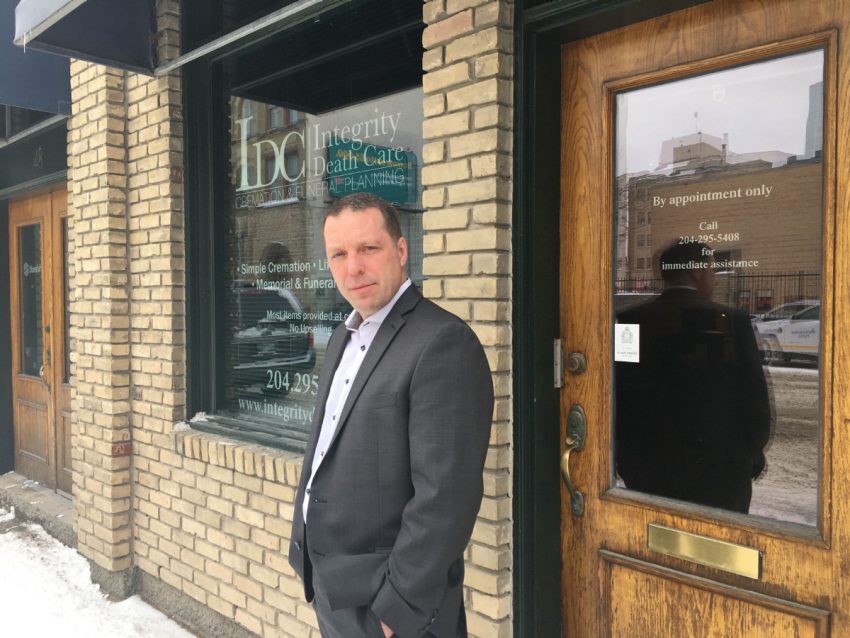
The salespeople who met with reporters were later approached for comment. Each referred questions to Arbor’s head office. In its statement, Arbor said its packaged funeral services provide “good value,” are easy to understand and offer savings. It said an “à la carte” approach is also an option.
Arbor also stated: “These licensed professionals have specialized knowledge and qualifications obtained through a combination of education, training and on-the-job experience … We expect our employees to carry these standards and fulfil these responsibilities in all their interactions and conversations with their customers. When this does not happen, we are committed to addressing any issues or concerns immediately.”
Other fees presented to reporters at Arbor-owned homes included $340 in transportation costs to move a body from a funeral home to a crematorium on the same property. The company said the fee applies to the hearse which is booked for the family “before, during and after the service.”
There was also a “casket equipment fee” of $595 charged to those who buy a less expensive casket elsewhere for use in an Arbor home.
“Basically, they take the savings the average person would have from (purchasing) an outside casket … so that you’ll buy from them,” says Eric Vandermeersch, 35, who co-founded BasicFunerals.ca in 2009. It competes with larger chains such as Arbor.
In its statement, Arbor said the fee — which includes a “casket carriage,” kneeling rail and flower stands — is applied to all caskets: “Our price lists also clearly indicate that a casket not provided by an Arbor Memorial funeral home is subject to the same casket equipment fee.”
Funeral homes also offer rental caskets for visitations, available to those seeking a cheaper, plainer casket for burial. At the Arbor homes visited by reporters, the common rental casket sells for about $2,300 on wholesale price lists. It is rented, along with a wooden insert, for as much as $2,550 — covering Arbor’s cost within a rental or two.
Arbor did not respond to specific questions about the rental casket markups.
“These prices are ludicrous for what they’re actually offering — a reusable box,” says Josh Slocum, executive director of the U.S. Funeral Consumers Alliance, a national non-profit consumer organization that monitors the funeral industry. “How does this compare to the cost of a hotel room that sleeps two, has a bathroom, Wi-Fi and air conditioning? Seriously.”
Embalming — chemical preservation to delay decomposition — is another common line item, typically costing between $300 and $600.
Embalming is not mandatory in Ontario, but three of the six Arbor funeral planners visited by reporters strongly urged it even for closed-casket services or cremations, citing “leakage” or “odour.”
“Most caskets aren’t seamless,” one funeral director told reporters. “The body will start to change, and along with that comes some potential embarrassment.”
Another planner told reporters embalming was necessary to prevent the spread of diseases, including SARS.
In its statement, Arbor said embalming provides the “best possible final memory of a loved one” and that the disinfection “promotes a safe environment for families” amid the “rise of superbugs and antibiotic-resistant strains of bacteria.”
Dr. Lakshmanan Sathyavagiswaran, chief medical examiner of Los Angeles, told Mortuary Management magazine in 2006: “There is no reason that an unembalmed dead human body should be infectious to anyone attending visitation or public services. Persons transporting and handling bodies or cutting into them may be vulnerable in rare instances, with little or no risk if proper precautions are taken. To refuse to present a body unembalmed because of public health risk is unfounded.”
Smith at the regulatory watchdog says that for the scenario of a quick cremation that reporters described to funeral salespeople, “I don’t see any need for embalming.”
Identifying the body — when a family member or close friend confirms identity — is a policy at Arbor that is often accompanied by pressure, and fees, to embalm and dress the body.
Arbor said identification is a “necessary and prudent” step to ensure the “correct deceased has been transferred to the care of the funeral home” and that it must be done “in person, except only in cases where it is impractical to do so.”
Judy Wood received advice to embalm when she arrived at Arbor-owned Victoria Greenlawn Funeral Home in Windsor to bury her sister Diana Parent, who died suddenly last August.
Parent had invested more than $4,000 in her funeral, beginning more than a decade earlier.
But Wood was told another $10,000 was necessary to execute Parent’s wishes along with a meal and memorial service. Among the additional costs: a fee to transport the body, fees to register the death, and $895 for a wooden box for the cremation. (The wholesale price for the box, based on records obtained by the Star and the CBC Marketplace, is $185.)
Wood says the family didn’t want embalming and “dressing the body” services — but they were told they needed both to identify the body.
“All of the funeral homes in Windsor required identification, we were told,” she says. “And we were told we needed to embalm because nature takes its course after a few days. He said we had to bring clothes so they would prepare Diana for our viewing. We explained we were with her when she died and didn’t understand why we had to do this.”
“It was terrible,” she says. “It was almost like she died a second time … I felt bitter that these people made us do something that we found out later we didn’t have to do.”
The family initially agreed to the $10,000, but later cancelled many of the services. The reduced bill came to about $4,300 — still beyond what their sister had planned, says Wood.
It’s unclear to the Grahams how James’s pre-arranged investments turned out to be worth so little after three decades of mounting interest.
The family was told they needed to cover additional fees, including $150 to allow Tiffany to witness the cremation, $200 to transfer Graham’s body from the hospital, $150 for a transfer van, and $1,400 for a plywood box for the cremation to avoid “leaking” in a cardboard box. There were also fees for dressing the body.
“It was all whirlwindy and no one was giving us hard numbers,” says Tiffany. “They swooped the paperwork away from us and said, ‘We’ll handle it.’ When I asked, ‘What are we looking at here when it’s all said and done?’ he said, ‘$5,000.’”
The family refused to pay.
Both daughters and their mother recall the same comment from the funeral salesperson: “When I told them we wouldn’t pay, the guy said, ‘You can go build your own box and take the body and put him on ice,’” says Tiffany.
Requests for comment from Forest Lawn Funeral Home in London were directed to Arbor’s head office.
In the end, the family found another funeral home that picked up Graham’s body and conducted a cremation with basic services such as obtaining a death certificate.
It cost less than $2,000. And the home covered the fees through a discretionary benefit Graham was entitled to because of his low-income status.
They have asked for a refund of Graham’s $3,000 investment made in 1988, with interest. To date, no refund has arrived, they say.
They should be entitled to most of that money, says Smith from Ontario’s regulatory watchdog.
“I don’t know why there’d be those extra charges on top of it, but yes, they’re entitled to that money back,” says Smith, who reviewed Graham’s paperwork. “They’re certainly entitled to the majority of the money back.”
After her father died in 2013, Deborah Johnston learned from a salesman at the same Forest Lawn funeral home in London that the $2,200 her father had invested in a pre-arranged plan in the 1980s covered few of the costs.
“It feels like a violation,” said Johnston. “It’s sort of passive-aggressive pressure … They make you feel guilty.”
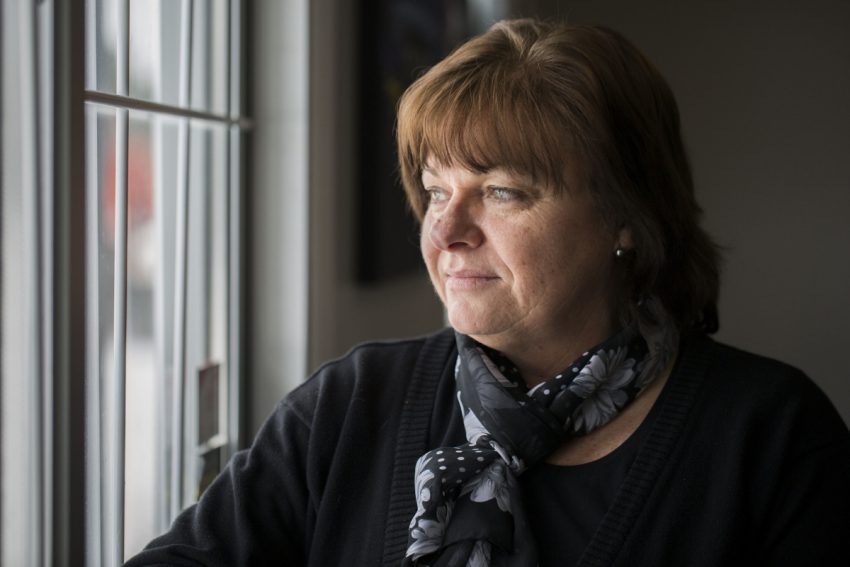
By the time she left, she had signed a contract for almost another $6,000. Among the fees: $300 to prepare and file documents, $300 to wash the body, $400 for staff during the funeral, $1,000 for the facilities, and a “consultation” fee of $1,474.
What most shocked her was that the simplest pine box cost $925 (the published wholesale price for the casket is $205).
The home refused to sell her a cardboard container, saying it was against their policy.
Johnston says she knew her dad would rather she spent the money caring for his wife and her mother.
She later cancelled the contract, got the money back and the family prepared her father’s funeral. They made their own food, photo boards and a memorial video, and bought a pine container from a local cremation service retailer for $195. The final arrangements cost less than half of what Forest Lawn would have charged.
“If you can stand outside of your emotions and take a good look, you can do a lot of this stuff on your own,” Johnston says. “It can be a very healing process for everybody in the family rather than handing it over to someone else who just wants your money.”
After Eleanor McArthur died on July 4, 2014, her daughter, Pamela Iversen, and her sister received a list of added costs they thought had been covered by their mother’s prepaid arrangements dating back to the 1980s at Victoria Greenlawn Funeral Home and Cemetery in Windsor.
“We thought everything was paid,” she says. “They say to us, ‘To put her in an outfit for the cremation, that’s extra. If you want a ceremony on a Saturday, that’s extra. If you want us to dig the hole on a Saturday, that’s another $367 plus tax. If you want it to be in the chapel, there’s a fee for that.”
When the menu for 60 people hit $3,000, Iversen suggested baking at home from her mom’s recipes and bringing in food.
“They wouldn’t let us. They said it was a health hazard. I couldn’t even bring in a baked pie,” she says.
Then there was the solemn religious ceremony Iversen had planned for her mother. Songs her mother loved couldn’t initially be played because of a problem with the sound system, she says.
“The preacher starts giving the eulogy and all of a sudden, the music blasts so loud I almost fell off my chair. It penetrated your eardrums and made them practically explode. It was like a Rolling Stones concert.”
Iversen says the family felt “gouged” by the extra costs. But in the depths of grief, they simply paid.
“They get you when you’re weak,” she says, adding that a salesperson from Greenlawn later approached her to pre-arrange her own funeral. “I’d be buried in my backyard before I’d be buried there.”
High markups on caskets, urns drive up funeral costs
Among the economic challenges facing grieving families are the prices of caskets and urns.
Wholesale price lists from one of the largest casket and urn providers in Canada — Batesville — show markups as high as 500 per cent based on retail price lists at 47 funeral homes across Ontario.
Charges for caskets at funeral homes range from cardboard boxes priced at $600 to luxurious mahogany caskets costing tens of thousands. But the price listed on the casket doesn’t always reflect its value.
Typically, the cheaper the casket, the higher the markup, according to wholesale and retail prices analyzed by the Star/CBC Marketplace investigation.
Here’s a sampling based on Batesville wholesale prices and average retail prices surveyed from funeral homes across the province:
Caskets:
Lynx:
Wholesale: $650
Retail: $2,882.73
Markup: 343 per cent
Freelton:
Wholesale: $890
Retail: $2,249.96
Markup: 153 per cent
Schafer Select:
Wholesale: $930
Retail: $2,653.58
Markup: 185 per cent
Oxland:
Wholesale: $1,020
Retail: $2,654.25
Markup: 160 per cent
MDF Cremation Container:
Wholesale: $205
Retail: $827.06
Markup: 303 per cent
Urns:
Honey Brown
Wholesale: $95
Retail: $471.11
Markup: 396 per cent
Chestnut Bronze:
Wholesale: $155
Retail: $672.94
Markup: 334 per cent
Meadow Green:
Wholesale: $175
Retail: $695
Markup: 297 per cent
Sable:
Wholesale: $85
Retail: $357.50
Markup: 321 per cent
Ashen Pewter:
Wholesale: $155
Retail: $695
Markup: 348 per cent

